Understanding Ehlers-Danlos Syndrome and How Refuge Physiotherapy Can Help
What is Ehlers-Danlos Syndrome (EDS)?
Ehlers-Danlos Syndrome (EDS) is a group of inherited connective tissue disorders that affect the body’s production of collagen — a protein that gives strength and structure to skin, joints, ligaments, and blood vessels. This condition leads to a wide range of symptoms, including:
Joint hypermobility (excessively flexible joints)
Frequent joint dislocations or subluxations
Chronic pain and fatigue
Fragile, stretchy skin
Easy bruising and slow wound healing
EDS is a lifelong condition with no cure, but physical therapy can play a vital role in helping individuals manage symptoms and improve daily function.
Common Comorbidities Associated with EDS
EDS doesn’t occur in isolation. Many individuals with EDS also experience comorbid conditions — additional diagnoses that complicate symptoms and require integrated care. At Refuge Physiotherapy, we take these into account when building your treatment plan.
Here are some of the most common EDS comorbidities:
1. Postural Orthostatic Tachycardia Syndrome (POTS)
A form of dysautonomia (autonomic nervous system dysfunction)
Symptoms include dizziness, lightheadedness, rapid heart rate upon standing, fatigue, and brain fog
Can significantly impact tolerance for exercise and daily activities
2. Mast Cell Activation Syndrome (MCAS)
A condition where mast cells release histamine and other chemicals inappropriately
Symptoms include skin rashes, gastrointestinal issues, flushing, itching, and even anaphylaxis
Can cause reactions to foods, medications, and environmental triggers
3. Gastrointestinal Disorders
Includes IBS, GERD, gastroparesis, and chronic constipation
GI issues can affect nutrient absorption, hydration, and medication tolerance
4. Temporomandibular Joint Dysfunction (TMJ/TMD)
Pain and instability in the jaw joint
Can be worsened by joint laxity and muscle tension common in EDS
5. Sleep Disorders
Many individuals with EDS struggle with insomnia, sleep apnea, or non-restorative sleep
Poor sleep can exacerbate pain, fatigue, and brain fog
6. Anxiety and Depression
Chronic pain, frequent injuries, and feeling misunderstood by the medical system can lead to mental health challenges
Addressing emotional health is key to holistic treatment
How Physical Therapy at Refuge Physiotherapy Can Help
At Refuge Physiotherapy, we understand the complexity of EDS and its comorbidities. Our therapists are trained to work with your unique body — not against it — and provide compassionate, evidence-based care in a safe, supportive environment.
1. Stabilizing Hypermobile Joints
We design customized strengthening programs to improve joint stability without overloading your tissues. This includes:
Targeted core and postural control exercises
Low-resistance, high-repetition movements
Neuromuscular re-education to enhance proprioception and joint awareness
2. Managing Pain and Fatigue
Our approach to pain management is gentle and holistic, combining:
Manual therapy for soft tissue tension and joint alignment
Breath work and pacing strategies
Graded activity exposure to reduce fear of movement (kinesiophobia)
3. Working Around Comorbid Conditions
We adjust your treatment to account for related conditions like POTS, MCAS, and GI dysfunction. For example:
POTS: Exercise in horizontal or semi-reclined positions to improve circulation safely
MCAS: Minimize exposure to triggers and use hypoallergenic products in the clinic
GI issues: Schedule treatment around symptoms and adjust movement intensity as needed
4. Education & Empowerment
We provide in-depth education on:
Joint protection and movement strategies
Pacing techniques to prevent overexertion
Tools for self-management between sessions
5. Emotional Support & Safe Space
Living with EDS can feel isolating. At Refuge Physiotherapy, we strive to be a place where you feel:
Seen and heard
Supported without judgment
Encouraged to move at your own pace
Why Choose Refuge Physiotherapy?
We offer a trauma-informed, patient-centered approach to care — because we know that healing happens best when you feel safe. Whether you’re newly diagnosed or have been managing EDS for years, our team will meet you where you are and walk alongside you every step of the way.
Ready to Begin Your Healing Journey?
If you're living with Ehlers-Danlos Syndrome and looking for a physical therapy team that truly understands the full picture — including comorbidities and emotional health — Refuge Physiotherapy is here to help.
